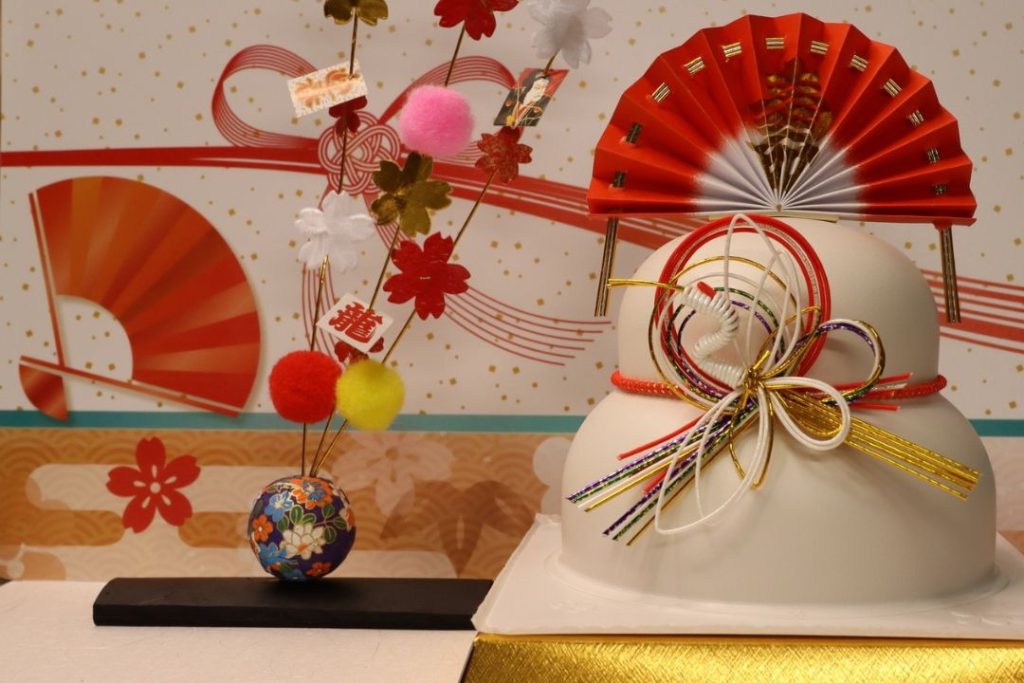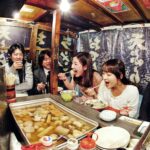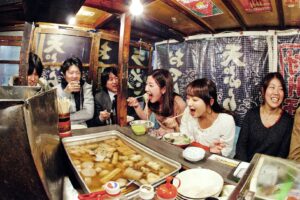In East Asia, Japan is one of the countries significantly influenced by Chinese culture.
In the past, Japan also had a tradition of celebrating Chinese New Year, similar to many other Asian countries.
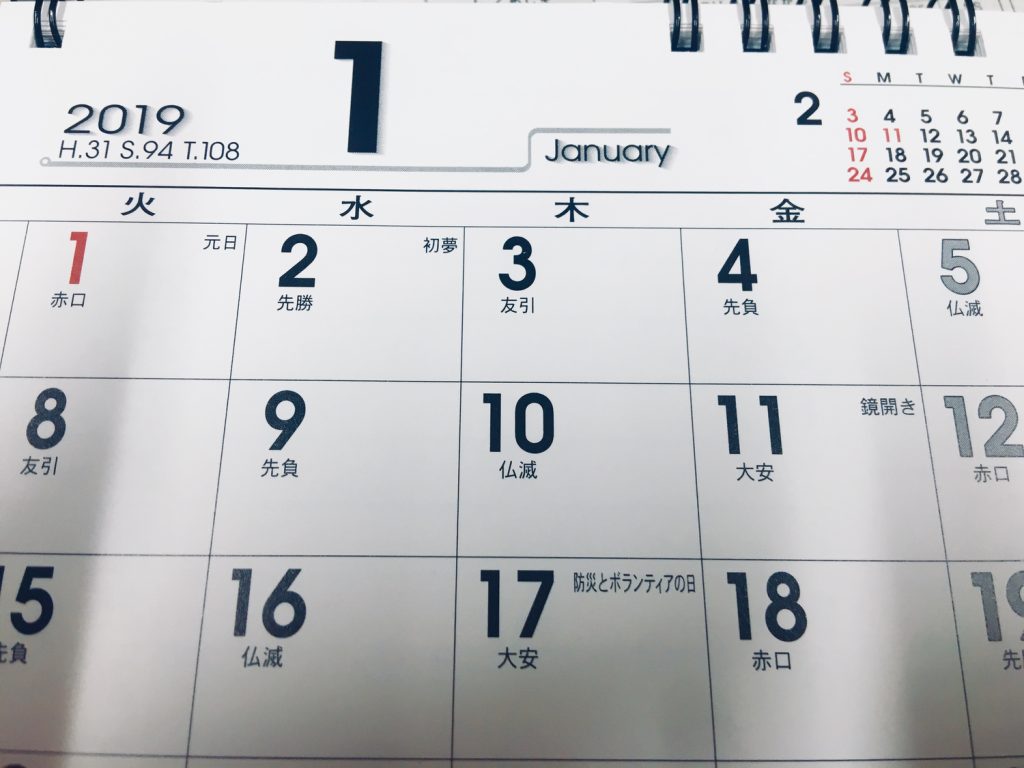
However, Japan now follows the Gregorian calendar, like Western countries, to celebrate the new year.
Even so, some regions in Japan still preserve the tradition of Chinese New Year. Let’s take a look at some interesting facts about it!
Table of Contents
ToggleWhy Doesn’t Japan Celebrate Chinese New Year?
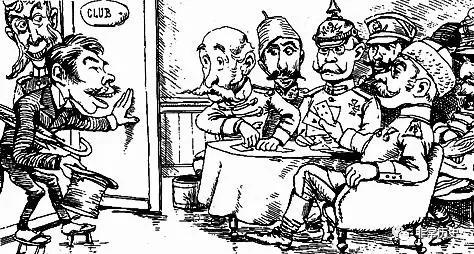
Before the 5th year of the Meiji era (1872), Japan used the lunar calendar as its primary reference instead of the Gregorian calendar, which is now widely used.
So, why did Japan suddenly switch to a new calendar system at that time? There are two main theories regarding this change.
1. Modernization and the Shift from Asia to Europe
One theory suggests that Japan was actively adopting systems and cultures from Western countries during that period.
To align itself with the West as part of modernization, Japan decided to adjust its calendar accordingly.
2. Economic Reasons
The second theory is more related to economic factors.
In the lunar calendar year of 1872, there was a leap month, making that year consist of 13 months instead of 12.
At that time, Japan’s financial condition was not strong enough to support a 13-month fiscal year.
Therefore, the government decided to switch to the Gregorian calendar, which has only 12 months, to ease the country’s financial burden.
Read:
Fuigo Matsuri, A Blacksmith Festival That’s Interesting to Watch
Are There Any Regions in Japan That Still Celebrate Chinese New Year?
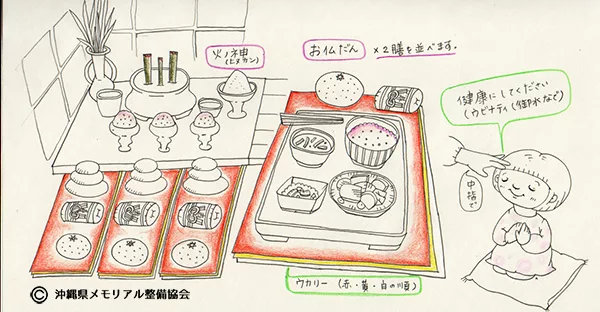
Although most of Japan no longer celebrates Chinese New Year, some regions still preserve this tradition.
One of these regions is Okinawa and the Southwestern Islands of Japan. Even today, people in these areas celebrate Chinese New Year, known as “ソーグヮチ” (Sōgwachi) in the Okinawan dialect, meaning “New Year.”
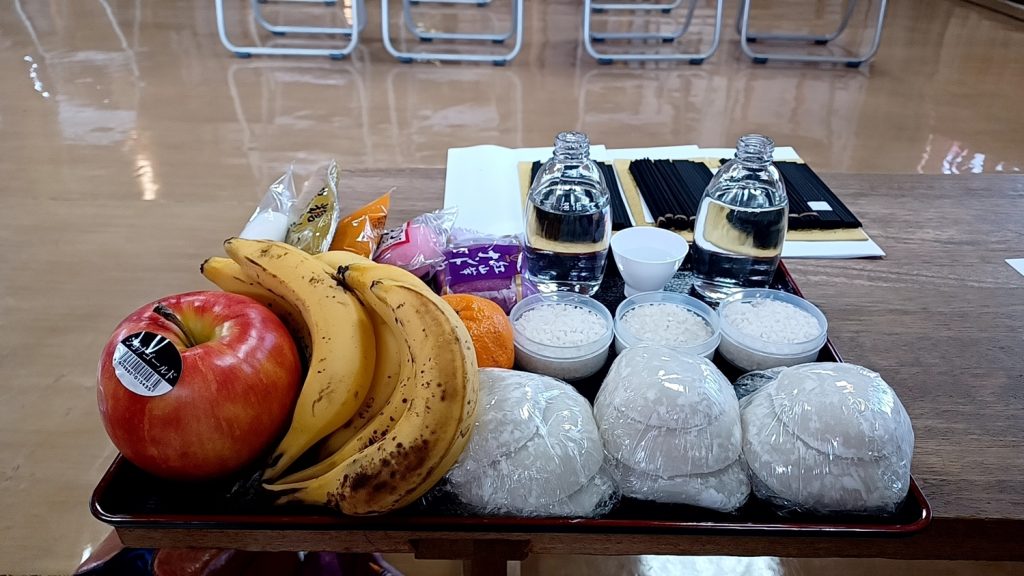
During the celebration, locals prepare a special food similar to kagami mochi, called “ウチャヌク” (Uchānuku)—a traditional rice cake used to worship the fire god.
Additionally, they also cook pork-based dishes as part of their New Year celebration tradition.
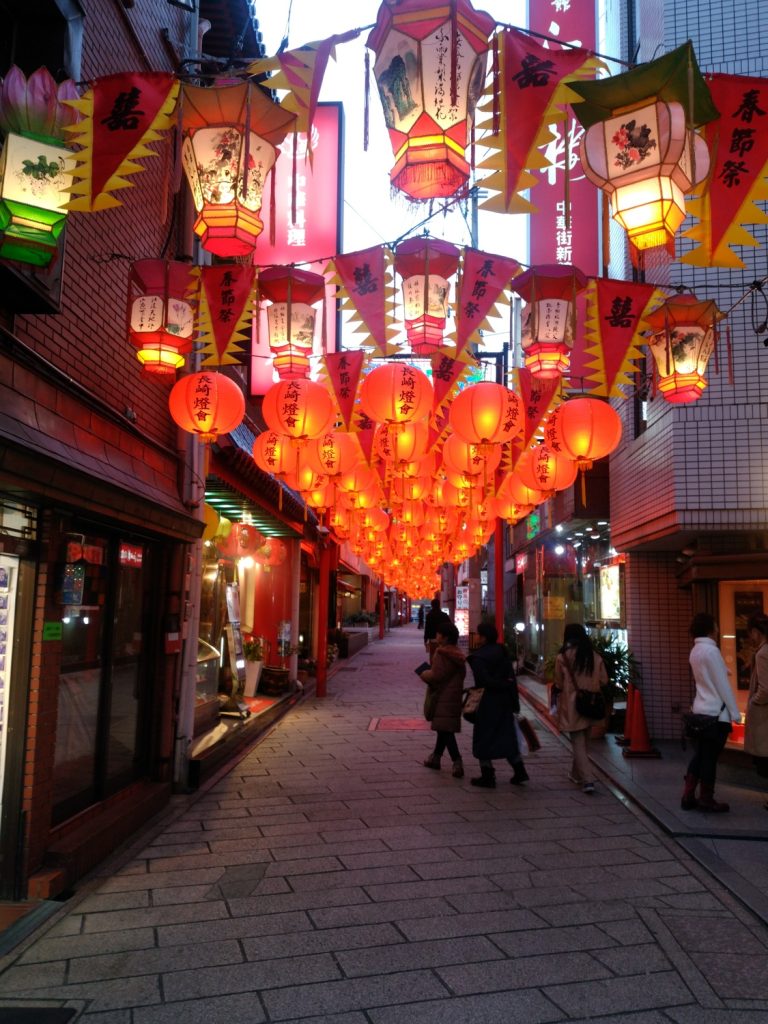
Aside from Chinese New Year, many festivals in Okinawa still follow the lunar calendar, making it an important symbol of traditional Japanese cultural preservation.
Not only in Okinawa, but Chinese New Year celebrations can also be found in several Chinatown areas in Japan, such as Yokohama, Kobe, and Nagasaki.
In these areas, the Chinese communities in Japan organize lively celebrations featuring lion and dragon dance performances.
While this is a common sight for Chinese people, for most Japanese, it remains a unique and fascinating experience.
Chinese New Year vs. Gregorian New Year in Japan
The transition from the lunar calendar to the Gregorian calendar marked a significant cultural transformation in modern Japan.
However, some regions, such as Okinawa, continue to uphold the Chinese New Year tradition as part of their cultural heritage.
Meanwhile, in Chinatown areas across Japan, Chinese New Year serves as a symbol of the blend between Chinese and Japanese cultures.
For tourists visiting Japan during Chinese New Year, they can still experience the festive atmosphere in a unique and distinct way compared to other countries.

